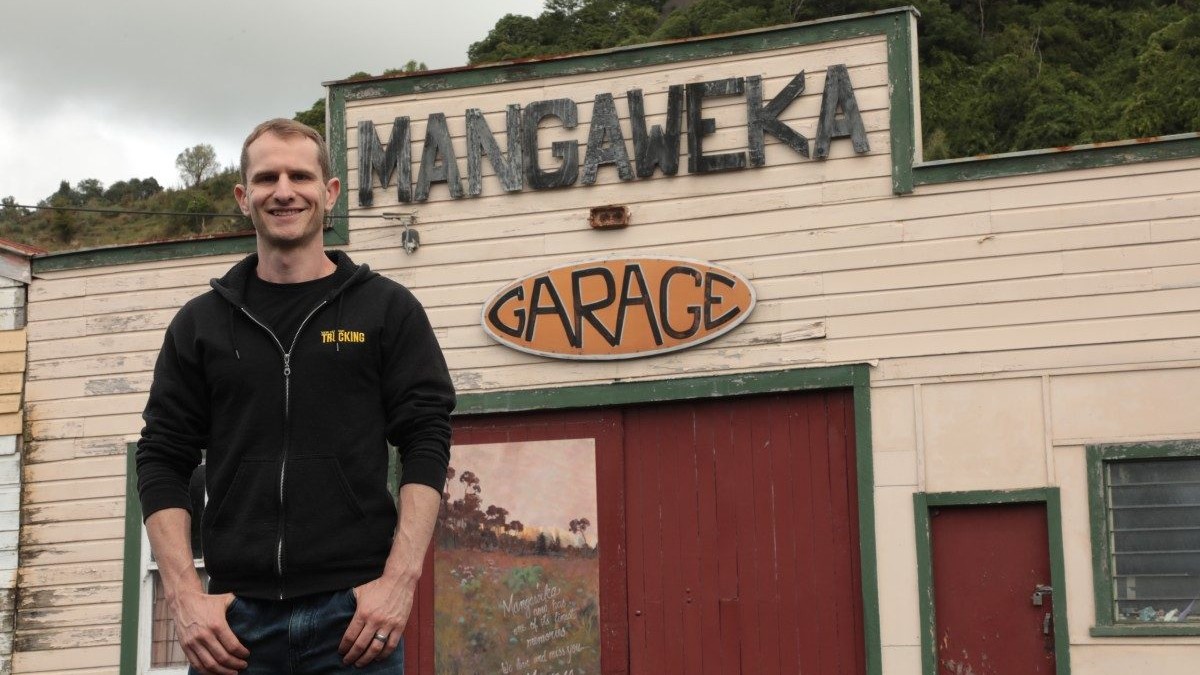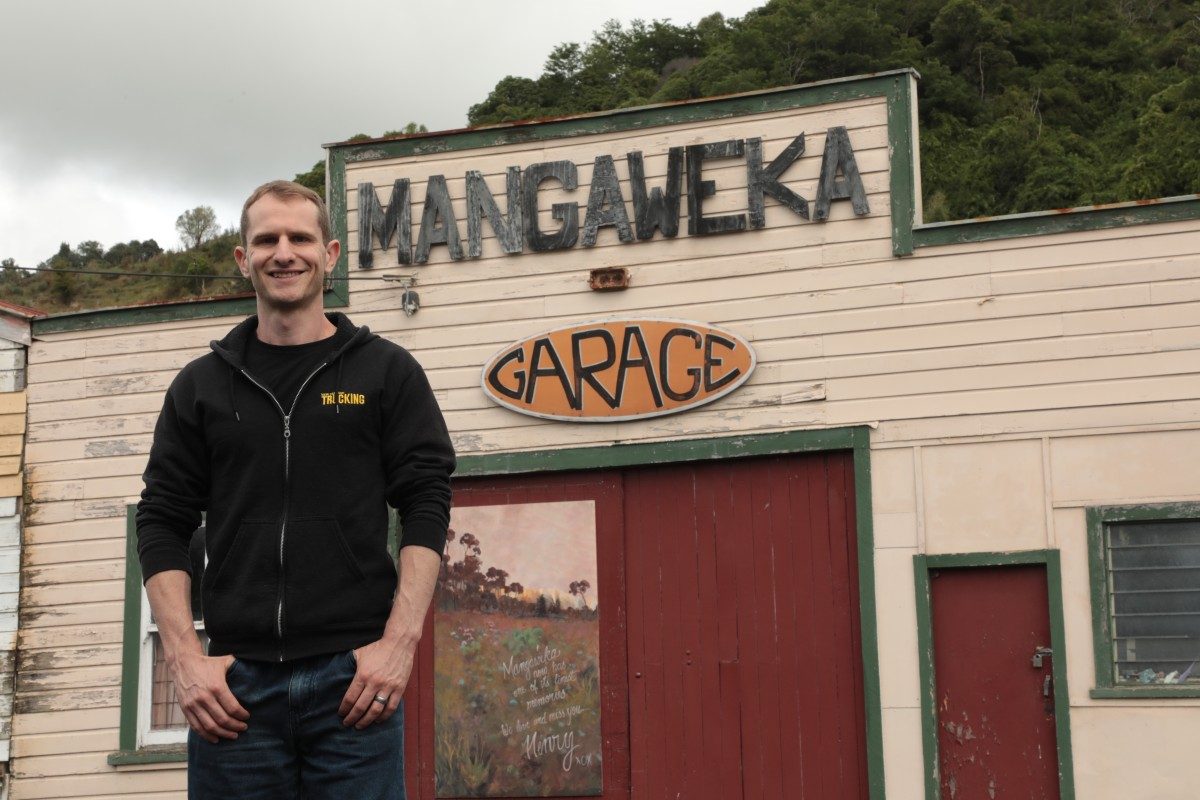Throughout 2023 a theme emerged that would dominate our editorial commentary in the lead up to the elections and beyond – the increasingly poor state of the roads and their poor resilience in the face of last year’s extreme weather events. That’s all still very topical and, as we read a couple of weeks ago with the release of the Draft Government Policy Statement (GPS) on Land Transport, there are big plans on the horizon to address many of these issues and bolster the country’s roading infrastructure.
I suspect that this year, however, we may see another theme emerging on the high seas of the Cook Strait. Interislander has come up for discussion in these editorials twice this year already, and now it’s a case of ‘another week, another floundering ferry’ …
You could almost set your watch to the news of delayed or cancelled trips across the Cook Strait due to mechanical faults with Interislander’s three ferries. The most recent was just last week, on 12 March. More recently, two days ago, a released Ministerial briefing stated “the state-owned enterprise may not be best placed to provide an inter-island service in the future” following the new government’s cancellation last year of the Inter-island Resilience Connection (iReX) project due to cost blowouts.
The briefing touted government subsidising ferry operations as well as the “hypothetical exit of KiwiRail” should those subsidies not be forthcoming, and the need to “assess the ability of StraitNZ or other potential operators to provide more capacity across Cook Strait” in this instance.
All of which got me thinking about whether that should all have happened years ago. While it’s a state-owned enterprise KiwiRail runs as a commercial entity, and that’s fair enough. Regardless, I’ve never had much confidence in the ability of SOEs to adequately meet customer needs in an open market. Often, it’s the privately owned competition that offers the better service – unsurprising when you consider the forces of a capitalist economy.
That’s not to say StraitNZ’s Bluebridge service operates without a hitch, it’s had its share of breakdowns and cancellations … but it does seem to be a more tightly run ship in comparison. To be honest, I’m surprised a second privately owned entrant hasn’t emerged; promising a better, more reliable service with newer, mechanically sound equipment. Remember those capitalist market forces…
Perhaps, the path forward for Interislander is a public-private partnership. Open it to private capital and create a consortium to handle the operations over the long term – as in decades – to mitigate the influence of successive governments.
For example, I doubt something like a $400 million cost write-off, in the wake of a cancelled multi-billion-dollar project that could’ve secured the service’s future, would be acceptable if private money was involved. That said, it shouldn’t be remotely acceptable with public money. But who are we to complain?
Remembering Rod Oram
The team at New Zealand Trucking Media was saddened by the news of Rod Oram’s sudden passing on Tuesday this week. Rod (73) was a well-known business and climate journalist and was a respected commentator on these topics.
In recent years Rod had a working relationship with New Zealand Trucking Media as a judge in the annual Trucking Toward a Better Future competition.
Rod’s knowledge on climate issues was unassailable and his and views were held in high regard. His passing is a huge loss for New Zealand.
We would like to share our sincere condolences to Rod’s family and colleagues for your loss.
Take care out there,
Gavin Myers
Editor





